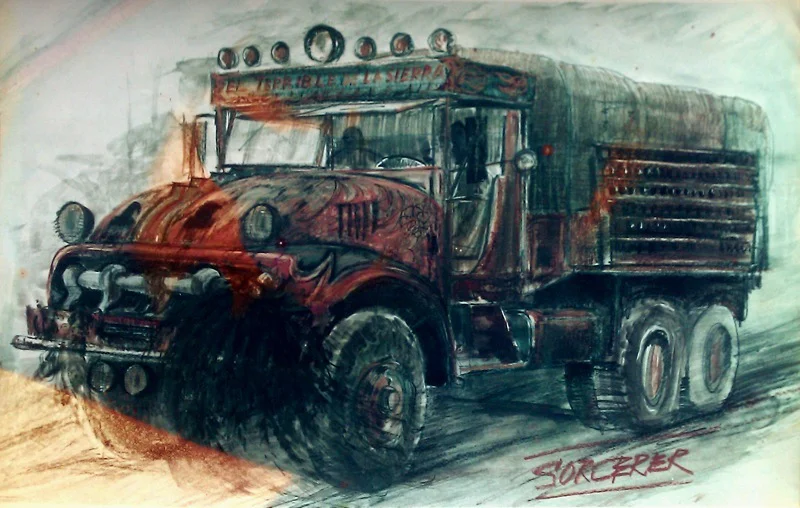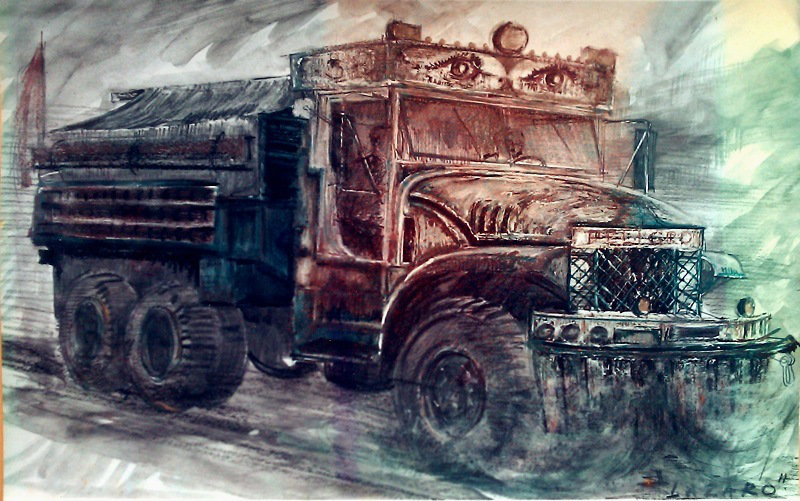On the "You talking to me?" scene:
"I had no idea it would take off and become a signature scene in this movie. Because when I saw the dailies, I said, “What do I do with this?” There is no reverse. There was no coverage. Essentially what you saw was almost every frame available to put together. So I had no option. And so when I put it together and showed it to Marty the first time, he went “Yeah, it works.” And I said, “What’s he talking about? It doesn’t work.” I felt no confidence in that scene."
He went on to speak about the repeat action from the same sequence:
"There’s a repeat. When he turns around. And then we go back and we do it again. That was Marty. That was not me. I said, “It’s going to look like a mistake, Marty.” Which, to me, it did look like a mistake. But it’s now part and parcel of the entire thing. That was strictly his contribution and it was a big one, obviously."
That repeat action was a huge deal for me when I first saw Taxi Driver. It was one of the first times I can remember becoming consciously aware of - and excited by - the power of film editing. It did look like a mistake. But not a mistake by the filmmakers. It looked like Travis Bickle’s mistake. In that moment, it felt like the character had taken control of the film itself.
There’s a nice write-up on EditFest’s conversation between Tom Rolf and Anne Coates here. And Premiumbeat offers a concise overview of the event with a few additional Tom Rolf quotes:
The most important talent to develop in the cutting room is diplomacy. Never hold anyone’s idea up to ridicule. Try anything and be ready to fight for what you think is right.



